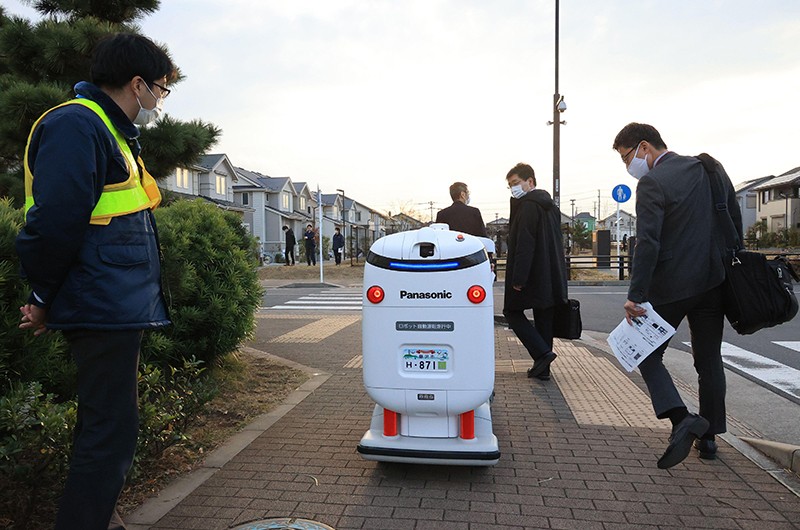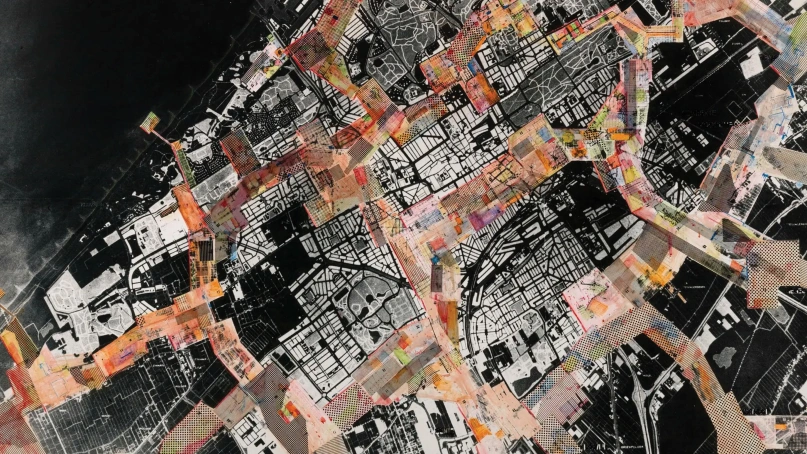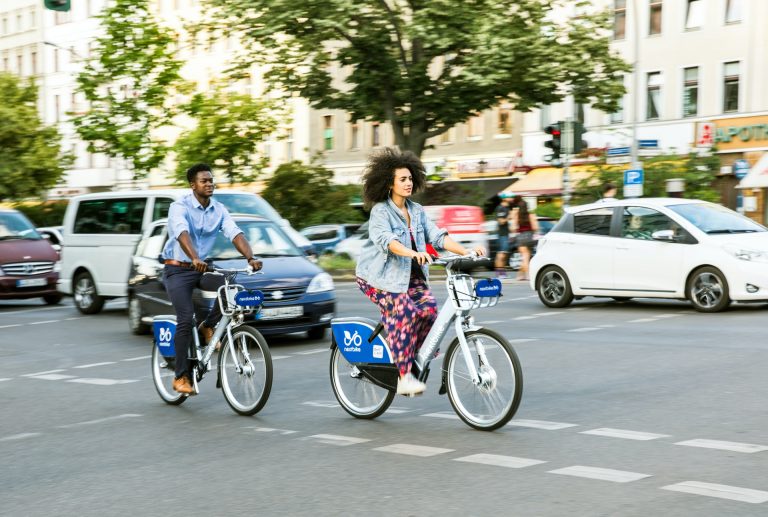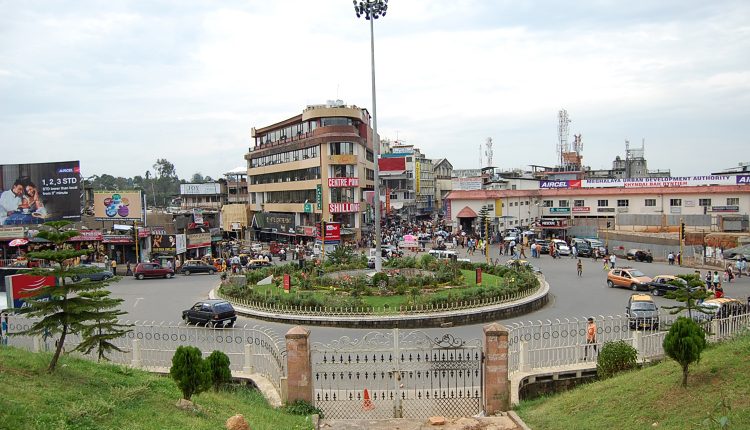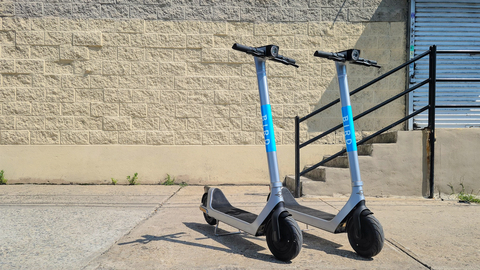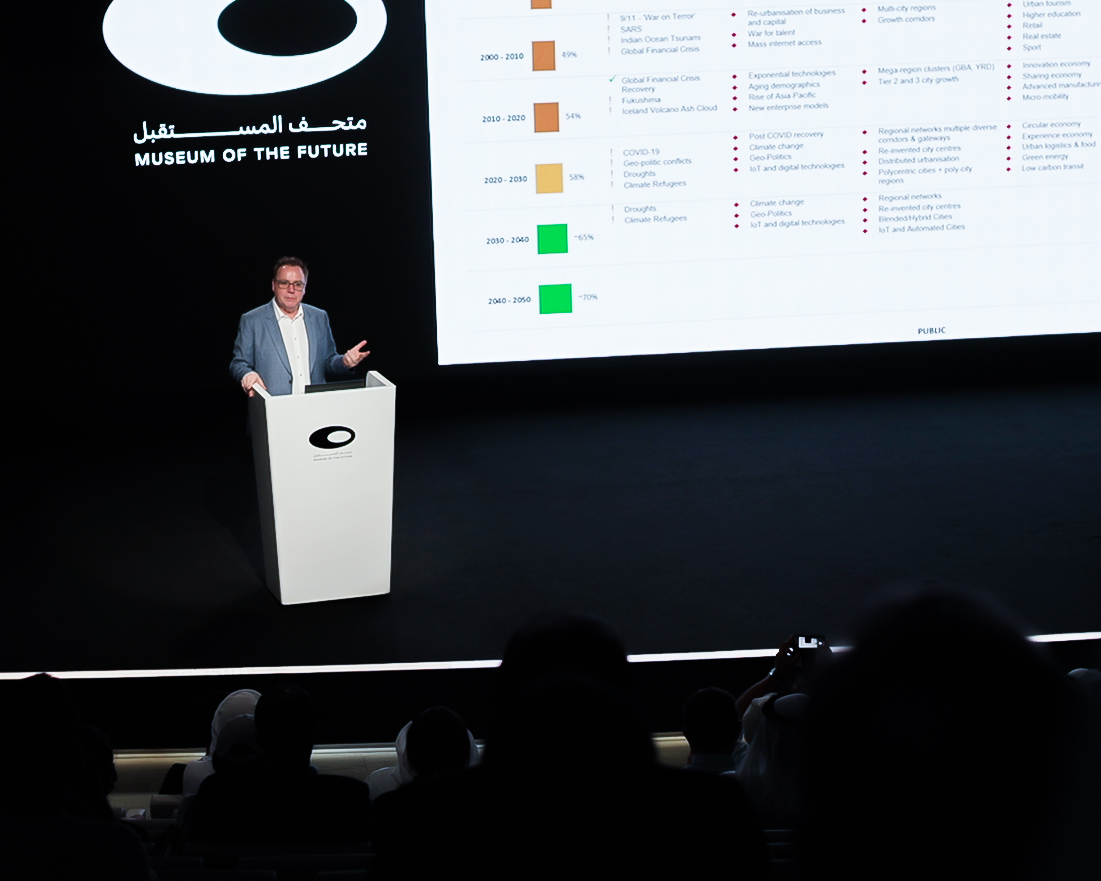
Going beyond the city’s Superblocks programme, Barcelona plans to pacify 32 kilometres of streets by 2024, in order to encourage sustainable mobility and create new social spaces that boost local trade and social activities. A team from the Universitat Oberta de Catalunya (UOC) is leading a research study aimed at developing a solution to analyse pedestrian mobility and then design indicators to quantify the potential for social and economic interaction in different areas of the city. The research has received funding from the Department of Science and Universities of Barcelona City Council, and the "la Caixa" Foundation.
Albert Solé Ribalta, a researcher in the Complex Systems group (CoSIN3) of the Internet Interdisciplinary Institute (IN3) at the UOC and leader of the Like-BCN project, explained that "we want to design technology that gives us knowledge of pedestrian mobility data. This technology exists for studying road networks. We’re going to adapt those ideas to people’s mobility on foot."
The research seeks to answer two basic questions: how the walkable area influences the routes used by pedestrians, and the effect of pedestrian routes on social interaction and the economy in the city.
+INFO: UOC
\IMAGES: UOC





